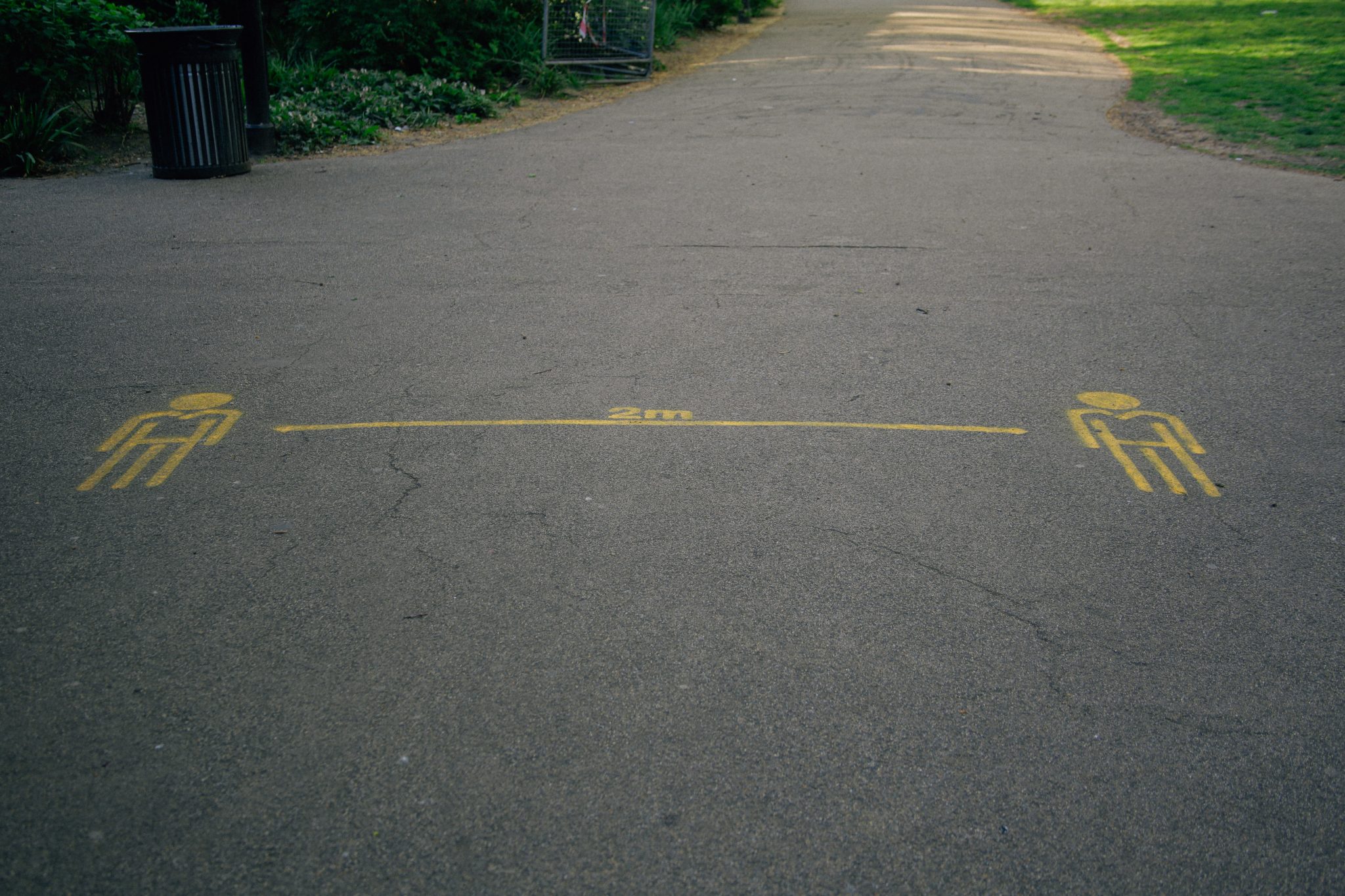
Briefing EP TRAN on Covid-19 & Urban Mobility
1370 days ago
3 minutes
At the request of the European Parliament’s Committee on Transport and Tourism (TRAN), a rapid-response briefing was recently published entitled “COVID-19 and urban mobility: impacts and perspectives”. This is a document well worth reading, especially for the light, electric vehicle business.
The briefing provides an overview on the state of play and trends of urban transport since the outbreak of the COVID-19 pandemic. It outlines four scenarios, the prevalence of one or the other depending on the priorities established by policy makers and service providers. The briefing delivers general recommendations for a post-COVID-19 smart and sustainable urban transport and a set of desirable actions on how to integrate EU response into existing policy priorities.
Some of these recommendations and desirable actions directly concern the LEV-business, a summary.
Adapt infrastructure
Among these (private means of transport), car use should be discouraged as it significantly contributes to congestion and pollution, given the still-limited (6.8%) market share of e-cars sales. Nevertheless, the purchase and use of private bicycles, both traditional and electric, e-scooters and e-mopeds can alleviate the demand for PT. In order to avoid conflicts between these soft modes, it is necessary to adapt the infrastructure and reorganise the management of the spaces, possibly in a flexible way. Technology improvements now allow these small vehicles to reach a 25-30 km/h speed.
If the separation from the sidewalks for pedestrians seems obvious, the opportunity to design separate lanes and spaces between normal bicycles and electric soft vehicles should also be considered. Alternatively, an increasingly widespread network of secondary roads with speed limits between 20-30 km/h (see example of Brussels) makes it possible to make room for faster soft modes on the roads. This would prevent, at least in the short term, interventions on the infrastructure, which require extended times and a commitment of resources that are difficult to find in times of crisis.
Radical behaviour changes possible
A green restart is an opportunity for sustainable and smart transport strategies to regain momentum.
The EU should strongly support the development of financing schemes for the purchase and procurement of zero-emission vehicles and other non-polluting technologies. EU funding instruments such as InvestEU and CEF could steer private and commercial investments into zeroemission vehicles and deployment of related charging infrastructure. Scrappage or purchase subsidy schemes should be extended to electric bicycles, possibly with reciprocal approaches at European level, as they have been successfully applied in Germany, France and Italy.
The crisis has shown that radical behaviour changes are possible, even in the short term. However, these cannot be entirely delegated to the initiative of citizens or single companies. Behaviour changes should rather be induced (or guided) by bold public policies, in the interest of – and agreed with – the community. The challenges for the development of resilient, smart and sustainable urban transport systems have been made more evident by the outbreak of the pandemic, but have not changed. They need to be addressed through agile and inclusive governance mechanisms and integrated policies. These are outlined in the the forthcoming EP study on “Sustainable and smart urban transport”.
The full briefing is here: https://bit.ly/3jkrRYe
Photo by Chloe Evans on Unsplash
Annick Roetynck
Annick is the Manager of LEVA-EU, with decades of experience in two-wheeled and light electric mobility.
Campaign success
Lorem ipsum dolor sit amet, consectetur adipisicing elit, sed do eiusmod tempor incididunt ut labore et dolore magna aliqua.
Member profile
Lorem ipsum dolor sit amet, consectetur adipisicing elit, sed do eiusmod tempor incididunt ut labore et dolore magna aliqua.